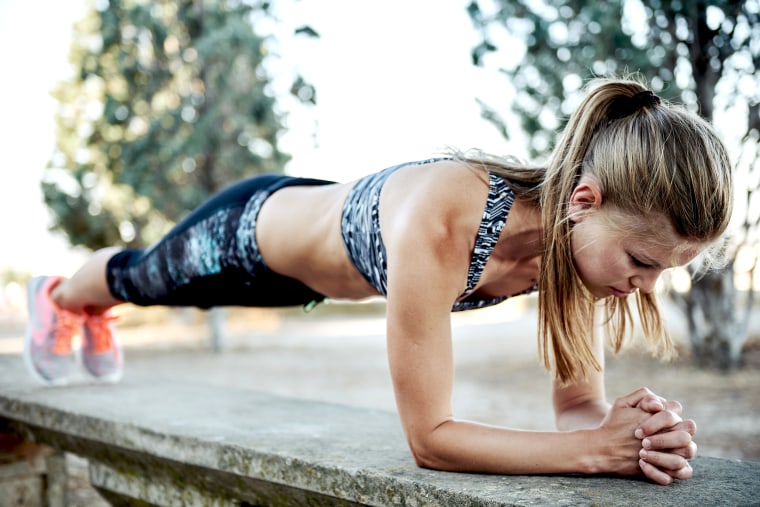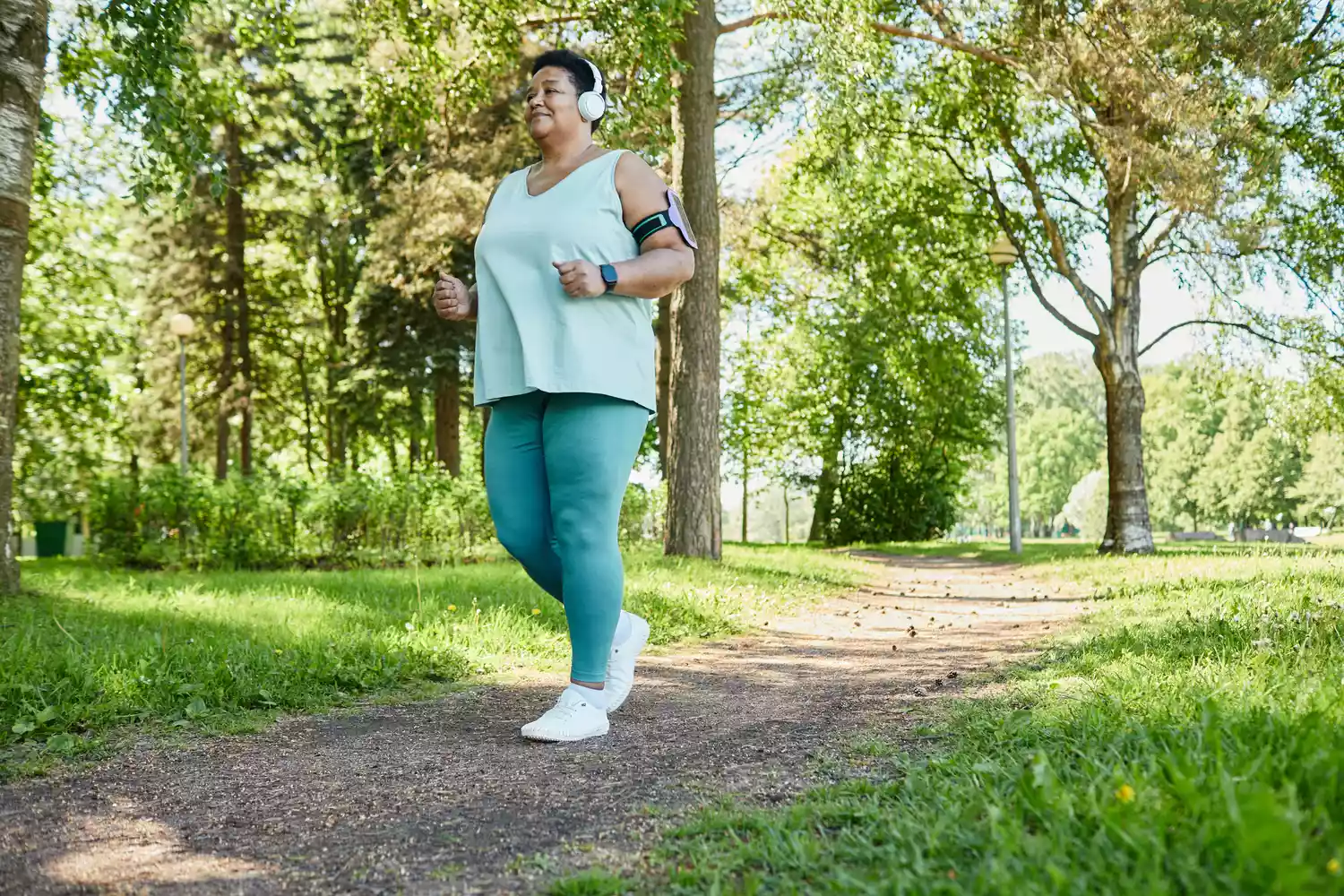You can boost your body immune system with tension management and a well balanced diet. However exercise likewise increases your body immune system, supporting your general health.
The basic act of moving your body more can supply a powerful tool for battling infection. Not all workout is completely helpful to your immune system.
To describe the connection in between exercise and resistance, Health talked to professionals who have actually studied exercise’s result on the body immune system. Here’s how to maximize your exercises for your overall health.
How Does Exercise Boost Your Immune System?
In addition to enhancing your mental health, a 2019 scientific evaluation in the Journal of Sport and Health Science discovered that exercise can enhance your immune reaction, lower disease danger, and lower swelling.1.
The research study took a look at “acute exercise,” indicating moderate to energetic strength lasting less than an hour. (The study generally analyzed walking, which might also suggest an elliptical workout, a spin class, or perhaps a run.).
Research study author David Nieman, DrPH, a professor in the department of biology at Appalachian State University and director of the university’s Human Performance Laboratory, informed Health that typically, people just have a small number of immune cells flowing the body. Those cells choose to hang out in lymphoid tissues and organs like the spleen, where your body eliminates infections, bacteria, and other microbes that cause disease.
Increases Blood and Lymph Flow.
Due to the fact that exercise increases blood and lymph flow as your muscles agreement, it likewise increases the circulation of immune cells, making them stroll the body at a greater rate and greater numbers, stated Dr. Nieman. Particularly, exercise assists to recruit highly specialized immune cells– such as natural killer cells and T cells– find pathogens (like infections) and clean them out.
In Dr. Nieman’s 2019 review, individuals who took a 45-minute vigorous walk experienced this uptick of immune cells drifting around the body for up to three hours after the walk.
Better Immune Response With Consistency.
While you get an instant action from your immune system when you exercise, that will eventually go away– unless, that is, you keep exercising consistently. “If you go out for 45 minutes of exercise the next day, this all occurs once again,” stated Dr. Nieman. “It all builds up as time goes on.”.
Another study by Dr. Nieman and his team found that those who did aerobic exercise five or more days a week decreased the variety of upper breathing system infections (like the common cold) over 12 weeks by more than 40%.2.
In 2022, research published in the British Journal of Sports Medicine looked at 16 studies of individuals who remained physically active throughout the pandemic. The researchers found that working out was associated with a lower threat of infection and a lower likelihood of severe COVID-19. Individuals from around the world who worked out routinely had a 36% lower threat of hospitalization and a 43% lower risk of death from COVID-19 than those who were not active.
Think of the enduring immune impact of workout like this, discussed Dr. Nieman: Say you have a maid come by to clean your home for 45 minutes most days of the week. Your home will look a lot better on that first day than if someone never ever came. But the more frequently the housemaid returns, the better and cleaner the house will look.
” Exercise truly is a housekeeping activity, where it helps the immune system patrol the body and find and evade germs and infections,” said Dr. Nieman. You can’t always work out one day here and there and expect to have an illness-clearing immune system. Return for more motion routinely, and your body immune system is much better prepared to erase sickness-causing bacteria.
This holds up, even as you get older.4.
Decreases Inflammation.
Another advantage of workout is that it decreases swelling in the body– which, in turn, can also enhance resistance. Some research study noted that exercise can boost immune function and decrease inflammation5.
According to Dr. Nieman, decreased swelling goes together with immunity. “When immune cells attempt to work with inflammation, it puts the immune system in a chronically swollen state too,” stated Dr. Nieman, that makes it more difficult to fight infection. To cut down on inflammation, kick up your activity level.
What’s the Best Type of Exercise To Boost Immunity?
There’s minimal research study on the very best kind of workout to improve immunity. Many research studies, including Dr. Nieman’s, took a look at aerobic activity– believe strolling, running, or biking.
Strolling.
“For a lot of individuals, we’re talking about a 15-minute mile,” said Dr. Neiman of the typical rate that led to promising outcomes in his research studies. For other types of workout, objective to reach about 70% of your max heart rate, suggested Dr. Nieman.

HIIT Workouts.
There’s less science on high-intensity interval training workouts (or HIIT, a popular type of workout) and whether they assist your immunity. One study from 2018 published in the journal Arthritis Research & Therapy, which focused on arthritis clients, discovered that HIIT might enhance immune function. Another 2014 research study in the Journal of Inflammation Research found that HIIT workouts do not lower immunity.67.
In basic, said Dr. Neiman, interval workouts are likely OK. “Our bodies are used to this back-and-forth nature, even for a couple of hours, as long as it’s not unrelenting high-intensity workout,” said Dr. Neiman.
Strength Training.
The same opts for strength training– it likely assists your body immune system, however there’s less research backing up its benefits on resistance. Adam Jajtner, Ph.D., CSCS, assistant teacher of exercise science and physiology at Kent State University, who has actually also studied exercise and the immune reaction, promoted resistance training as a smart strategy for enhancing immunity.
Nevertheless, Dr. Jajtner warned versus extreme muscle-damaging exercises, like raising very heavy or doing eccentric exercises (slowing down the downward stage of a motion) so that the muscle repair procedure does not take on your immune function. Unless you’ve frequently been keeping up with an exercise like CrossFit, now’s most likely not the time to begin a brand-new high-impact strength regimen.
Can Exercise Harm Your Immune System?
Like all good things in life, science says you can overdo exercise. Pushing yourself too hard for too long can put you at higher risk of infection– however you need to go pretty far past that “intense” level of training to experience negative side effects.
For instance, previous studies have actually found that severe exercise can increase the danger of health problem in marathon runners. Dr. Nieman published a 1990 research study in the Journal of Sports Medicine and Physical Fitness and a 2007 study in Sports Medicine explaining the adverse modifications to resistance after marathon-type exertion.
Dr. Nieman said this unfavorable effect might come into play if you’re running at a high strength for at least a half-marathon distance or biking or swimming at a challenging pace for about 90 minutes. Any of these longer, more extreme activities can cause stress on the body, which might cause lowered immune function.
” You put yourself in a demanding state, so your immune system shows that and leads to dysfunction that can last anywhere from a few hours to a few days,” stated Dr. Nieman. High-intensity activity for more than an hour might not be the best idea today if you’re concentrating on keeping your body immune system in leading shape.
In a 2021 evaluation released in Sports Medicine, scientists looked at potential health problems experienced with ultra-endurance running (UER). The scientists found that, following UER, there is a short-term immunosuppression for numerous hours, which might increase the danger of viral and bacterial infections.8.
Dr. Jajtner concurred that costs weeks integrating incredibly high-intensity workouts into your schedule might backfire. “If you’re taking a look at exercise in a persistent sense, there’s something we refer to as the J curve– in time, as you continue to work out at a moderate intensity for weeks to months, your risk for infection will reduce,” said Dr. Jajtner. “But if you do extreme and intense exercise, you increase risk of infection.”.
Precisely how long and how difficult you can press yourself before you reach that extreme and extreme level of workout eventually comes down to how well you’re trained, but you may wish to focus on upkeep instead of intensity. “Moderate intensity is the best route, however keeping that activity, in some type or fashion, is going to be key,” said Dr. Jajtner.



